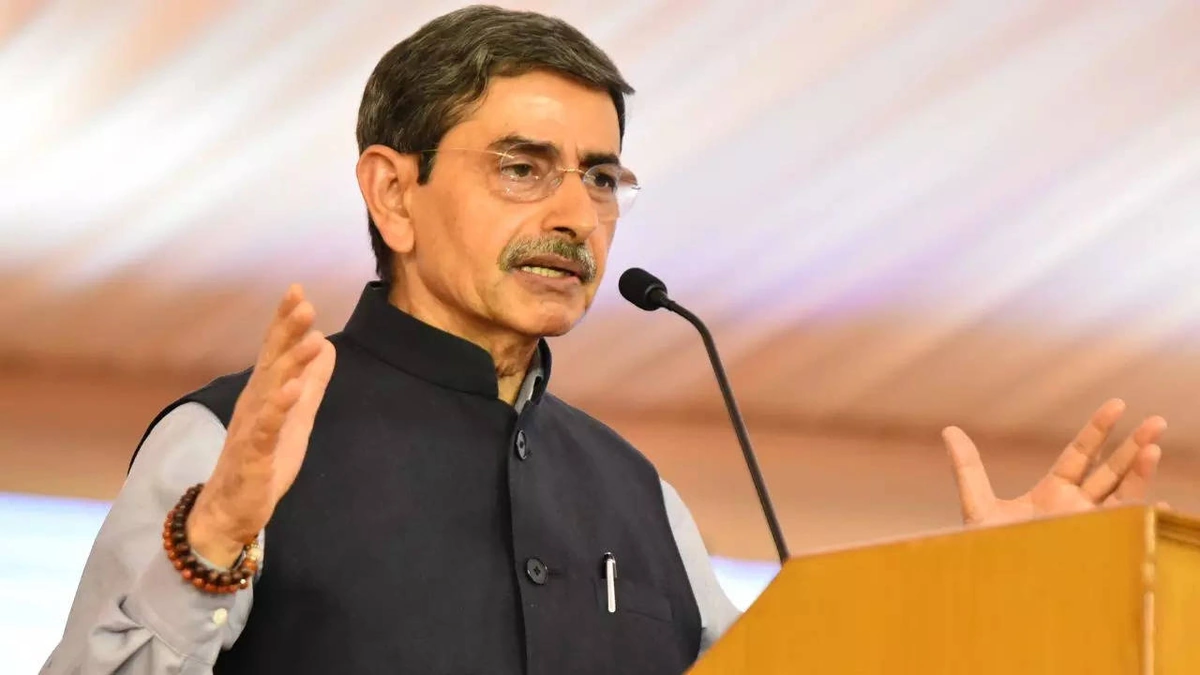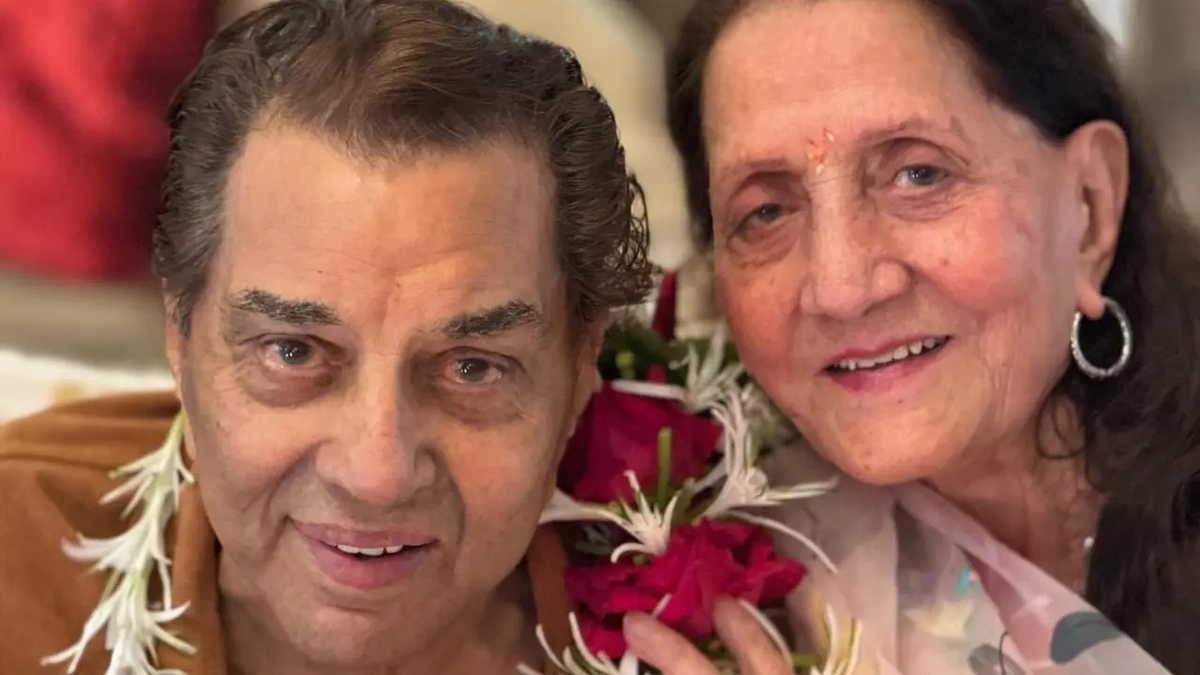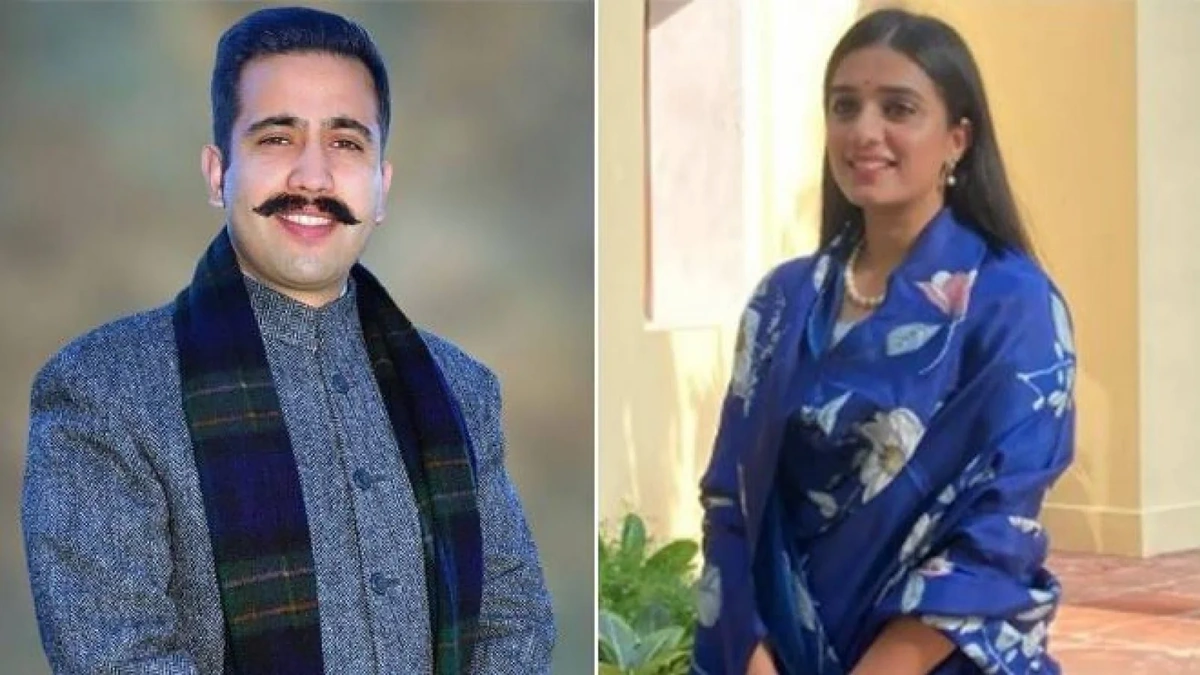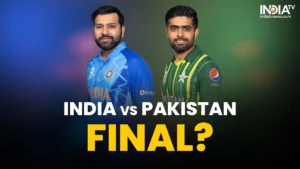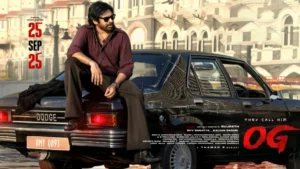Why RN Ravi is More Than Just a Governor | The Unseen Battle for India’s Federal Soul
Let’s grab a coffee and talk about something that’s been brewing for a while, especially in Tamil Nadu. Imagine you run your own house. You decide the rules, the budget, what gets repaired. Now, imagine someone appointed by a central housing society let’s call them the ‘supervisor’ comes to live with you. They don’t pay rent, but they question every single decision. They veto your choice of paint colour, hold up the plumbing repairs you approved, and publicly lecture you on your family’s values. Annoying? Definitely. A power struggle? Absolutely.
In many ways, that’s the story of RN Ravi, the Governor of Tamil Nadu. On the surface, it’s a political clash between a Governor and an elected Chief Minister, M.K. Stalin. But if you look closer, and that’s what we’re here to do, you’ll see this isn’t just another headline. It’s a stress test for the very idea of India’s federal structure. It’s a drama that forces us to ask a fundamental question: What is the actual role of a governor in India ? And why does this one man’s tenure matter so much to you, me, and the future of state-Centre relations?
Who is R.N. Ravi? From Spy-Master to a Thorn in the DMK’s Side

First things first, let’s understand the man at the centre of the storm. Ravindra Narayana Ravi is not your typical, seasoned-politician-turned-governor. His resume reads less like a political journey and more like a Tom Clancy novel. A former Indian Police Service (IPS) officer from the Kerala cadre, he spent the bulk of his career in the shadows of the Intelligence Bureau (IB), eventually becoming its Special Director.
He was also the Centre’s interlocutor for the Naga peace talks, a notoriously complex and sensitive negotiation. This background is crucial. He’s a man from ‘the system’, an enforcer, a bureaucrat trained to execute the will of the central establishment. He’s not someone who rose through the ranks by winning votes or building grassroots consensus.
So when he was appointed Governor of Tamil Nadu in 2021, many political analysts in Chennai raised an eyebrow. Why send a former top cop to a state known for its fierce regional identity and a deep-rooted Dravidian political ideology, which is often at odds with the BJP’s national narrative? The answer, it seems, is now playing out in real-time. He wasn’t sent there to be a ceremonial rubber stamp. And that’s where the friction begins.
The Real Flashpoints | It’s Not About Politics, It’s About Power
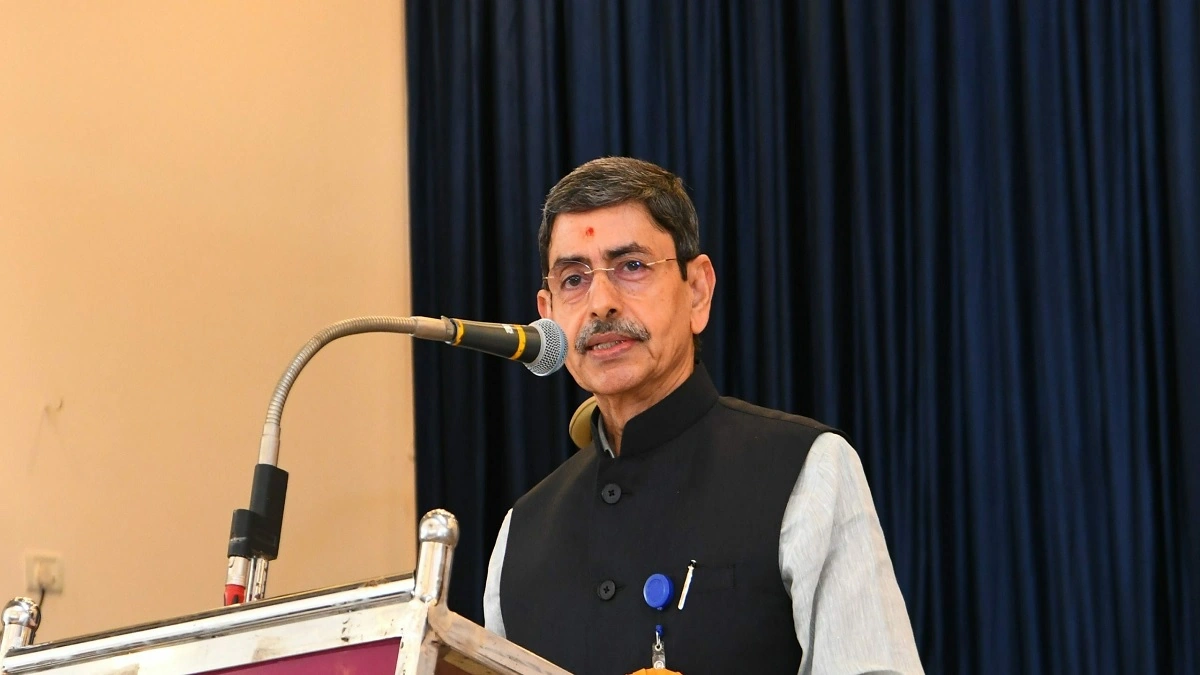
The tussle between the Raj Bhavan (the Governor’s residence) and the Chief Minister’s office isn’t just a series of polite disagreements. It’s a full-blown constitutional and ideological confrontation, fought on multiple fronts.
Here’s the thing, the conflict boils down to a few key areas:
1. The Bill Pile-Up (The Governor’s Veto Power): This is the biggest battleground. In a parliamentary democracy, the state legislature (elected by you) passes bills. The Governor is supposed to give ‘assent’ for them to become law. According to Article 200 of the Indian Constitution , the Governor has a few options: give assent, withhold assent, or send the bill to the President. Crucially, they can also send it back to the legislature with suggestions. But what happens when they do… nothing? When they just sit on the bills?
This is precisely what the Tamil Nadu governor controversy is about. The DMK government has accused Governor Ravi of indefinitely delaying crucial bills, including a significant one to ban online rummy and poker, which was passed after reports of suicides linked to gambling debt. By withholding bills , a Governor can effectively paralyze the legislative agenda of an elected government. It’s a move that prompted the Tamil Nadu government to approach the Supreme Court, which came down heavily on this practice. The Chief Justice of India, D.Y. Chandrachud, pointedly remarked that Governors cannot sit on bills indefinitely, calling it a “matter of serious concern.”
2. The University Turf War: In most states, the Governor is the ex-officio Chancellor of state-run universities. This has traditionally been a ceremonial role. However, Governor Ravi has been accused of using this position to influence the appointment of Vice-Chancellors, allegedly bypassing the state government’s recommendations. For a state government, controlling education and academic appointments is key to shaping policy and ideology. The Governor’s active intervention is seen as a direct encroachment on the state’s autonomy. It’s like the ‘supervisor’ in our analogy deciding who gets to be the head teacher at the local school you fund.
3. The Ideological Jabs: This is where the fight gets personal and public. Governor Ravi has made several statements that have directly challenged the core tenets of Dravidian ideology. He famously suggested that ‘Tamizhagam’ would be a more “appropriate” name for the state than ‘Tamil Nadu’. For a state where language and regional identity are pillars of political and social life, this was seen as a massive provocation. His public comments on ‘Sanatana Dharma’ and other sensitive topics have consistently put him at odds with the ruling DMK, which has a rationalist, secular foundation. This isn’t just a political debate; it’s seen as a deliberate attempt to impose a different cultural narrative on the state. It’s the kind of thing that can feel like a hidden insult sir , wrapped in constitutional authority.
Is This a Tamil Nadu Problem, or an India Problem?
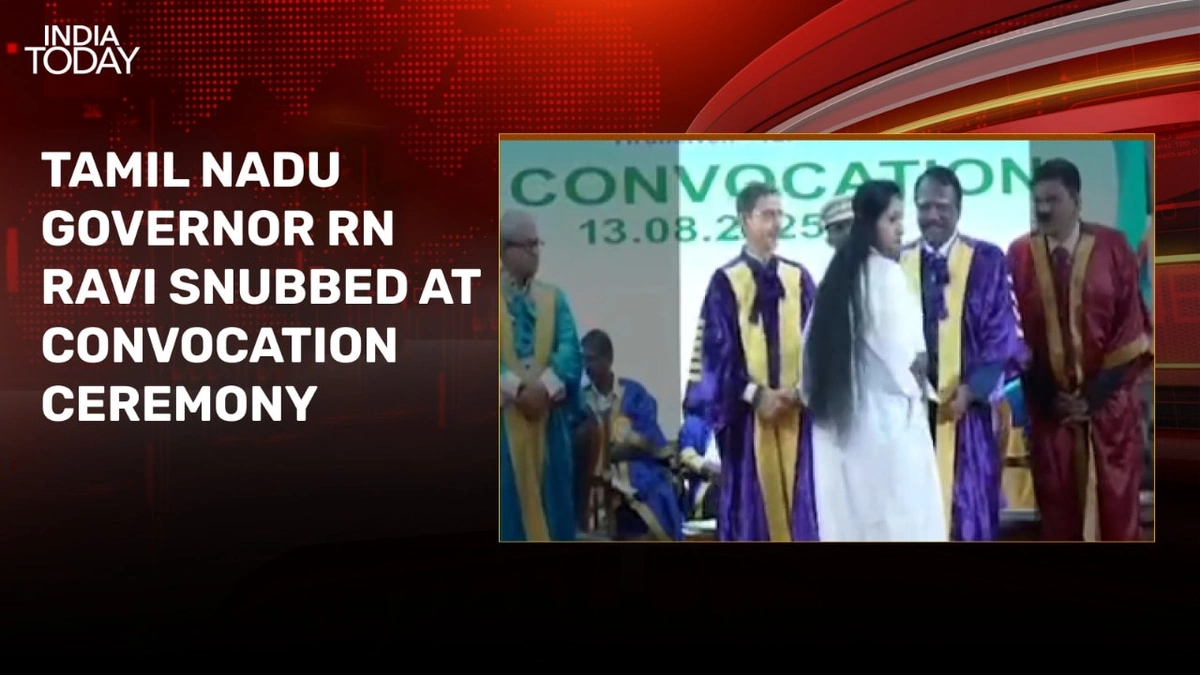
Let’s zoom out for a second. Is the RN Ravi vs MK Stalin saga an isolated incident? Not at all.
What fascinates me is that this isn’t a unique script. It’s a playbook being used in several other non-BJP ruled states. In Kerala, Governor Arif Mohammad Khan has had legendary run-ins with the Pinarayi Vijayan government. West Bengal, Punjab, and Telangana have all seen their Governors in direct confrontation with the elected state governments, often over the same issues: withholding bills and university appointments.
This pattern suggests a strategic shift. The office of the Governor, once seen as a dignified, apolitical post, is increasingly being viewed as a tool for the central government to keep opposition-ruled states in check. It raises uncomfortable questions about federalism the principle that power is shared between the central and state governments.
The Constitution imagined the Governor as a vital link, a friend, philosopher, and guide to the state government. But when that ‘friend’ starts acting like an adversary, the entire balance is thrown off. It’s a situation that has forced multiple state governments to do something unprecedented: sue their own Governors in the Supreme Court.
So, What Happens Next? The Supreme Court Enters the Ring
And that’s where the story is right now. The ultimate referee, the Supreme Court of India, has stepped in. The court’s observations have been a shot in the arm for state governments. The clear message is that Governors are not above the law and must act in accordance with the Constitution.
The Court has repeatedly emphasized that the power of an elected government cannot be negated by an unelected appointee. As the CJI noted, “The Governor is not an elected person… he has to act on the aid and advice of the council of ministers.” This legal intervention is critical because it aims to set a precedent, to draw the lines of power more clearly for every Governor in the country. This isn’t just about RN Ravi governor ; it’s about defining the limits of his office for the future. The fight might feel like one between a flagship killer government and a powerful appointee, but the rules of the game are being rewritten as we speak.
Frequently Asked Questions about the Governor Controversy
Can a Governor just reject any bill passed by the state?
Not exactly. A Governor has four options: grant assent, withhold assent (which the Supreme Court says cannot be indefinite), return the bill for reconsideration, or reserve it for the President’s consideration. If the state assembly passes the bill again after it’s been returned, the Governor is constitutionally bound to give assent.
What is Article 200 of the Indian Constitution all about?
In simple terms, Article 200 of the Indian Constitution outlines the process for a bill passed by the state legislature to become a law. It defines the options available to the Governor when a bill is presented to them for assent. The recent controversies revolve around the interpretation of the phrase “as soon as possible” for the Governor to act.
Why is the Governor the Chancellor of state universities?
This is a legacy of the British colonial era. The practice was established to maintain a degree of control and oversight over universities. While it has continued post-independence, many states now argue that this power should rest with the elected government, leading to legislative attempts to remove the Governor as Chancellor.
Is the RN Ravi vs MK Stalin fight purely personal?
While there may be personal animosity, the conflict is fundamentally political and ideological. It represents the broader friction between the BJP-led central government and opposition-ruled state governments, particularly those with strong regional identities like the DMK vs governor clash in Tamil Nadu.
Can the state government remove the Governor?
No. A Governor is appointed by the President of India and holds office “during the pleasure of the President.” This effectively means they can be removed only by the central government. A state legislature can pass resolutions demanding the Governor’s recall, but these are not binding.
Ultimately, the saga of RN Ravi in Tamil Nadu is more than a regional political squabble. It’s a mirror reflecting the deep tensions in India’s federal fabric. It’s forcing a national conversation about the role of an appointed official in a democratic setup. The outcome of these court battles and political standoffs won’t just decide the fate of a few bills; it will help define the very nature of power, autonomy, and democracy in India for a generation to come.
